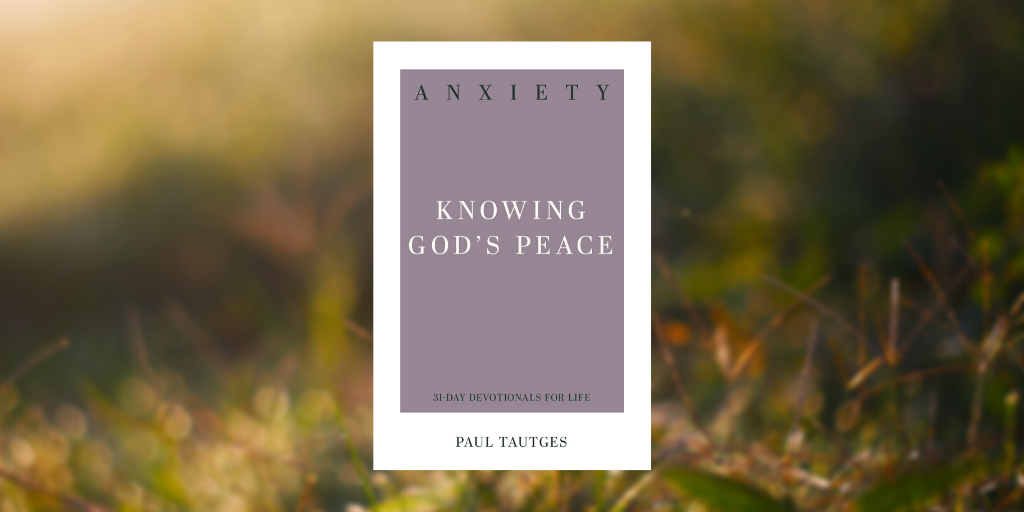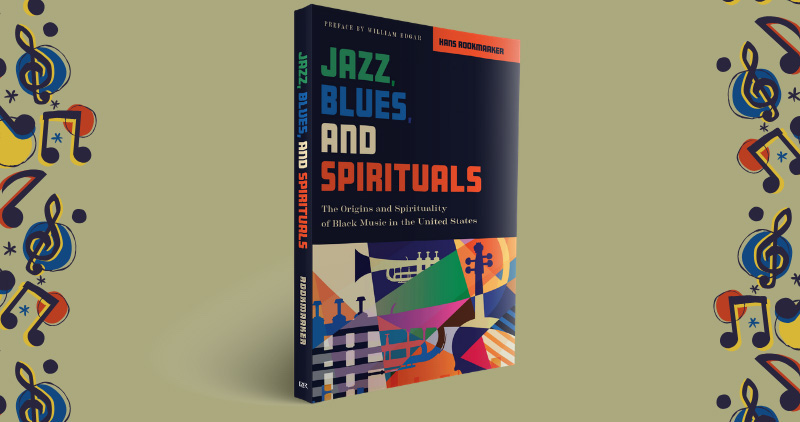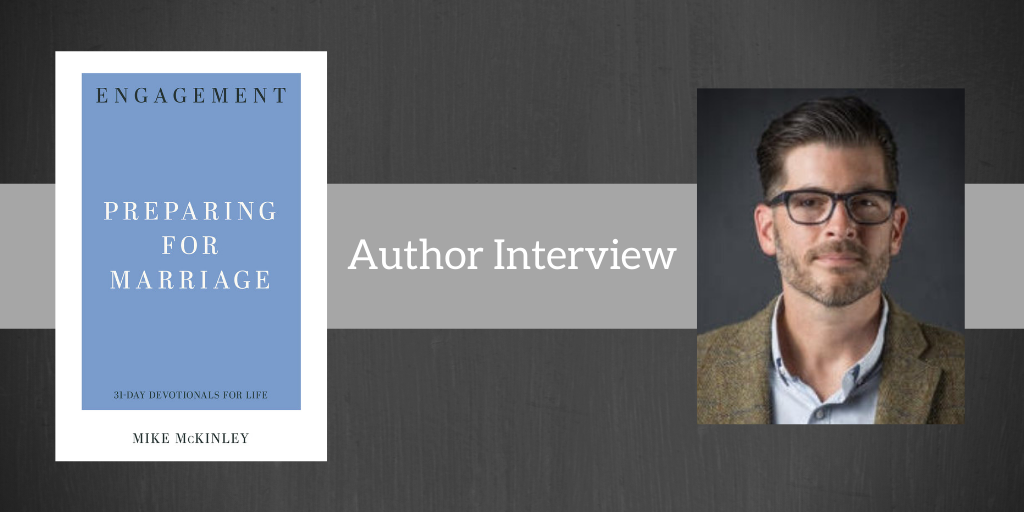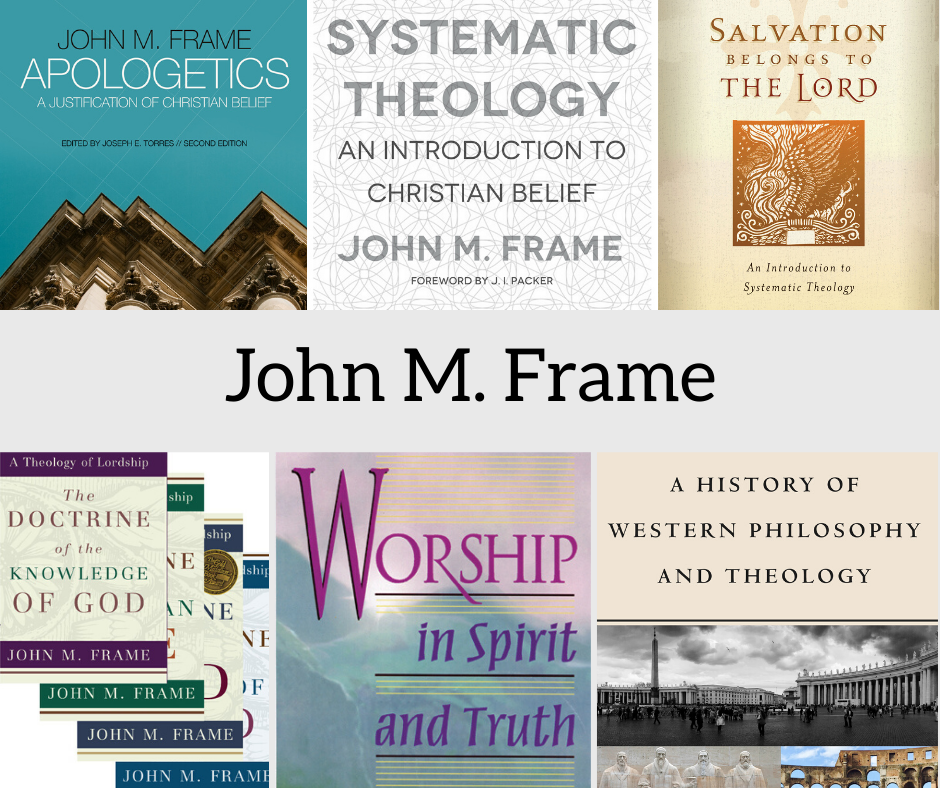This week’s author interview is with Steve Hoppe. He is the author of Marriage Conflict: Talking as Teammates in the 31-Day Devotionals for Life series. It releases May 6th.
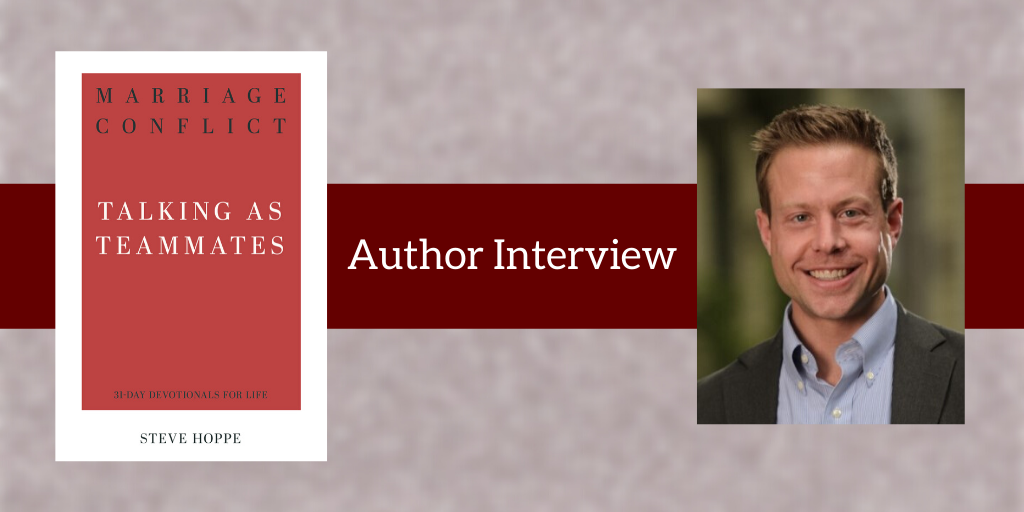
- Tell us a little bit about yourself
I’m a born-and-raised Midwesterner from Glen Ellyn, Illinois—a suburb just outside of Chicago. I have an identical twin brother, Bryan, and a big sister, Michelle, who both live in the Chicago area. My dad passed away about five years ago and my mom Gail and stepdad Phil live in the house that I grew up in. I’m married to my best friend, Abby, and we live in New York City (the Upper West Side of Manhattan, to be exact) in a tiny-yet-quaint apartment with our puppy Mabel (a 4-lb. ball of fur). For work, I’m the Executive Director of Crosstown Counseling—a brand new biblical counseling practice in Midtown Manhattan. Abby and I are members of Redeemer Presbyterian Church, where Abby serves as a deaconess and I do a bit of teaching and serving in a range of capacities. As far as hobbies go, my #1 passion is running. I’ve run a couple of marathons, but those days are long over, as my body (and schedule) are no longer able to handle a 26.2-mile race. I now run about 3-4 times a week in my favorite place in the world, Central Park. I’m also a huge sports nut, rooting for all Chicago teams (minus the Cubs!) as well as Notre Dame football (don’t hate!). I love going to the gym, studying the Bible, writing, playing with Mabel, hanging out with Abby, and obsessively checking ESPN on my phone.
- When did you first want to write a book?
2012. It was my first year as a full-time biblical counselor. I had zero clients, a ton of time on my hands, and a sufficient level of naivete as to how hard writing a book would be. So I decided to give it a shot. I had an idea from a sermon that I wrote while attending seminary, so I started writing. When I was 100 pages in, I pitched the manuscript to a publisher. They liked it, and after a year-long, back-and-forth editing process, Sipping Saltwater, my first book, was published!
- Have you always enjoyed writing?
Not at all. In fact, English was my least favorite subject in school. I even majored in engineering in college to avoid having to read and write for my classes. I only started enjoying writing when I became a Christian at 21 and found something that I was passionate to write about—my faith.
- Which writers inspire you?
Tim Keller, C.S. Lewis, and really any clear, succinct, humble, transparent, down-to-earth, Gospel-centered author speaking about matters of the heart.
- What inspired you to write this book, about this topic?
I’ve counseled hundreds of married couples and done hundreds of premarital counseling sessions. The one common denominator to every couple? They struggle with conflict—and specifically how to communicate through it in a holy and helpful manner. I figured that if marriage conflict was so prevalent, and godly conflict management was so rare, I should write a Scripture-based book to help couples grow in this area.
- Do you have a favorite author? Who is it and why?
Tim Keller. I love his ability be an apologist, theologian, pastor, historian, and cultural guru all in one. Plus, he was my pastor for years and my mentor for one of them, so I’m kind of biased.
- What has been the toughest criticism given to you as an author? What has been the best compliment?
Toughest criticism: “Your writing is too simple.”
Best compliment: “Your writing is too simple.
- Do you have a favorite quote?
“To love at all is to be vulnerable. Love anything and your heart will be wrung and possibly broken. If you want to make sure of keeping it intact you must give it to no one, not even an animal. Wrap it carefully round with hobbies and little luxuries; avoid all entanglements. Lock it up safe in the casket or coffin of your selfishness. But in that casket, safe, dark, motionless, airless, it will change. It will not be broken; it will become unbreakable, impenetrable, irredeemable. To love is to be vulnerable.” ―C.S. Lewis, The Four Loves
I love this quote particularly because it has helped me in my greatest moments of grief in life—my father’s death, my mom’s cancer diagnosis, the death of my dog Beatrice, etc. Whenever I am crushed by the reality of sickness and death in the world, I am tempted to shut down and harden my heart, lest it become broken again. But Lewis reminds me that love requires vulnerability to the loss of that love. It’s a part of life on this side of paradise. The alternative is a life without love. And who wants that?
- What advice would you give to aspiring writers?
Don’t write to make money. Unless you write a book in the top 0.001% in terms of sales, you probably won’t make enough money to make the effort worthwhile. Instead, write because you love it, and write about things that you’re passionate about.
- How do you deal with writer’s block?
I go running in Central Park. It clears my head and often opens up a floodgate of ideas
- What book are you reading now?
I’m taking this unique time in quarantine to immerse myself in Scripture, not books. So at this precise moment I’m studying Daniel, James, 1-3 John, and Psalm 119. I’ll get back to books in June, at which point I plan on reading a few academic books on Old Testament theology (yes, I’m a nerd).
- Do you have a specific spot where you enjoy writing most?
I love to transition between the couch in my office (where I write by hand onto a large yellow legal pad), and my office desk (where I type what I wrote on my couch). I rarely start with a keyboard—I almost always start with a pen and paper.
- Do you have an interesting writing quirk?
I do. I like to use alliteration. If you’ve read either of my two books, you’ll see that many of my lists contain words starting with the same letter. That’s intentional. I think it adds a poetic/artistic touch.
- What famous person (living or dead) would you like to meet and why?
I feel like not answering this question “Jesus” would be idolatrous. So I’ll just go with Jesus. Plus, ya know, he is the Savior of the World who performed miracles regularly . . . so there’s that.
- At what time of day do you write most?
First thing in the morning. My mind is clear. My thoughts are fresh. My body is calm. It only goes downhill from 8am until my head hits the pillow at night.
- What is your favorite food?
Kugelis. It’s a Lithuanian potato-based dish that my family makes for holidays. Yum.
- The Lord of the Rings or The Chronicles of Narnia?
Books—Narnia. Movies—Lord of the Rings.
- If you have a favorite book of the Bible, what is it and why?
Genesis. It’s a book filled with screwed-up people who screw up consistently, yet are saved by grace through faith in the promised Redeemer.
- Favorite sport to watch? Favorite sport’s team?
Favorite sport to watch: college football. By far the most exciting (and unfortunately anxiety-inducing) televised or in-person sporting event on the planet.
Favorite sports team: the Chicago White Sox—the “second team in the second city.” Notre Dame football is right behind the White Sox.
- Favorite animal?
A puppy. They’re cute, clumsy, rambunctious, rebellious, innocent, and unconditionally loving. We just got a new one who sleeps on her momma’s face. Love ya, Mabel!
- Favorite flavor of ice cream?
Vanilla with chunks of Rice Krispies Treats mixed in. That’s a flavor, right?
- Do you have a favorite movie? What is it and why?
The 2005 World Series, an epic DVD walking through the greatest team of any sport in the history of the world, the 2005 Chicago White Sox. And I’m not biased at all ;)
- Tea or coffee?
Coffee. Black. French Roast. Freshly brewed. The more it tastes like dirt, the better.
- How can readers discover more about you and your work?
Facebook: Steve Hoppe
Facebook: Crosstown Counseling
Website: stevehoppe.com

